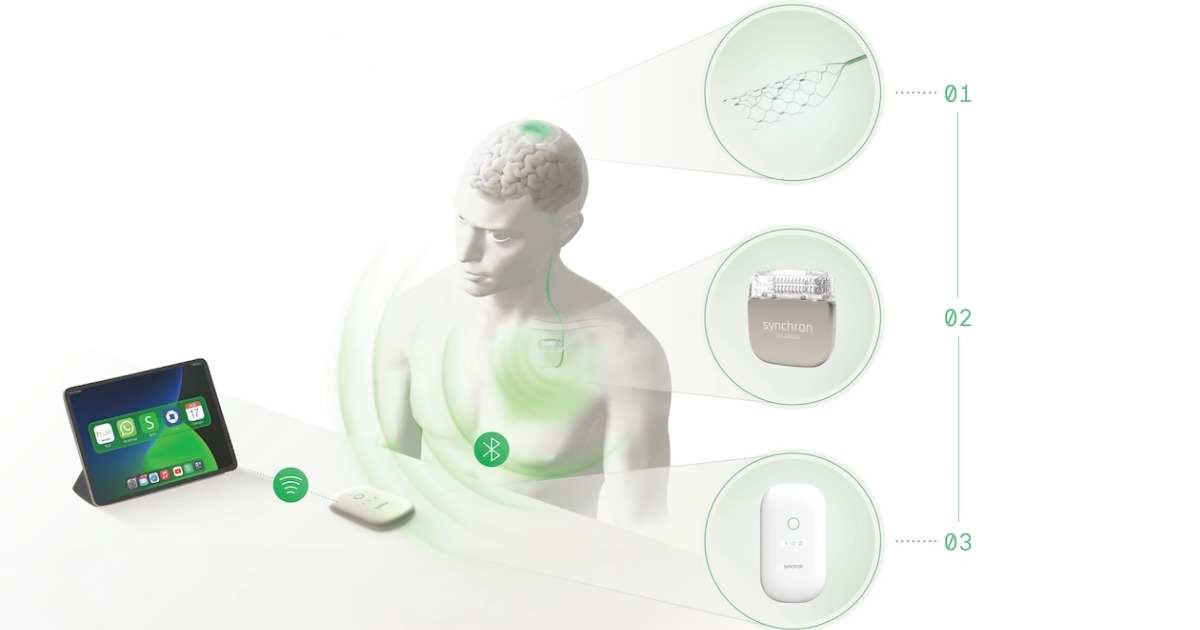Want to improve accountable care organizations? Give them more access to mHealth and telehealth tools.
That's the thinking of a pair of legislators who have introduced "The ACO Improvement Act" (H.R. 5558), a bill that seeks to "improve the ACO model by providing additional incentives focused on health outcomes, increasing collaboration between patients and doctors and providing ACOs with additional tools."
Along with making permanent the ACO pilots launched by the Centers for Medicare & Medicaid Services (CMS), the focus of the legislation is in incentivizing providers to focus on outcomes, rather than relying on the traditional "fee-for-service" model of healthcare.
As proposed, the legislation would encourage ACOs to use telehealth and mHealth by removing current barriers to remote patient monitoring tools and store-and-forward technology, with reimbursement "in a manner that is financially equivalent to the furnishing of a home health visit."
In addition, it would "expand the ability of ACOs to reduce seniors' out-of-pocket expenses for primary care visits and exams to encourage participation in their own wellness."
“If we are going to reduce healthcare costs and increase quality, the incentives built into the provider payment system need to be changed. In short, we need to reward value, not volume,” said Rep. Peter Welch (D-Vt.), who serves on the House Energy & Commerce Committee and is sponsoring the bill with Rep. Diane Black (R-Tenn.), in a press release. “Paying healthcare providers based on improvements in patient health rather than the number of procedures they perform is the way of the future. Our legislation will advance these payment reforms and is based on the experience of ACOs in Vermont and around the country.
“As a nurse of over 40 years, I know firsthand the challenges facing healthcare professionals as they seek to provide their patients with the best care possible,” added Black, who serves on the House Ways & Means Committee, in the release. “It is unfortunate that the current fee-for-service payment system does little to encourage and incentivize providers and patients to use the most appropriate and effective healthcare options. By incentivizing providers to focus on improving healthcare outcomes instead of increasing the quantity of services provided, this legislation will help improve care coordination, increase efficiency and, mostly importantly, ensure the patient receives the best care possible.”
H.R. 5558 isn't the only piece of legislation on the table that would expand telehealth in ACO models. According to Politico, CMS may soon unveil a next generation model of Medicare ACOs that could expand telemedicine, and Rep. Gregg Harper's (R-Miss.) Telehealth Enhancement Act (H.R. 3306), which was introduced last October and has been referred to the House Subcommittee on Health, would authorize ACOs to include telehealth and remote patient monitoring services as supplemental healthcare benefits equal to that offered by Medicare Advantage plans.


